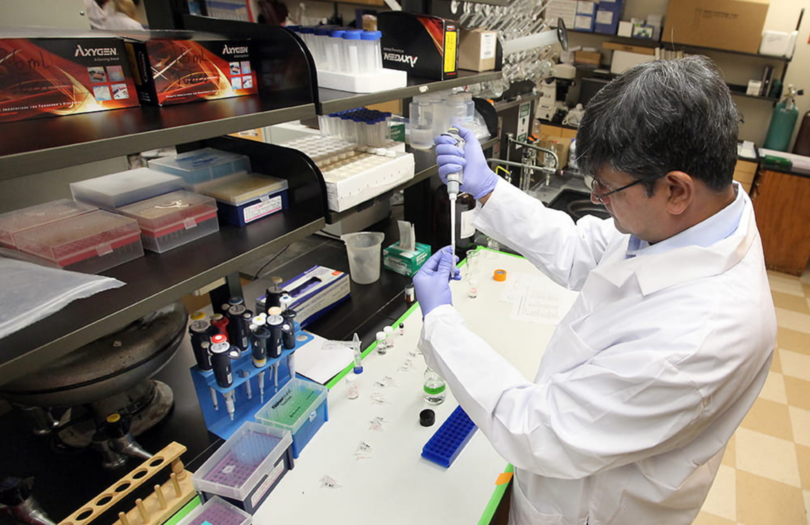The Department of Pharmacology and Immunology at MUSC is a vibrant interdisciplinary hub, bringing together faculty expertise on a wide range of topics that include receptor biology, kinase signaling and regulation, G-protein regulation, redox biology, cardiovascular biology, cancer cell signaling, glycoprotein biology, neurodegeneration, cancer immunology, immunogenetics, innate immunity, inflammation, autoimmunity, microbiology, and transplant immunology.
In fiscal year 2024, the department had just over $11 million in grants and contracts, including federal, federal flow-down, and foundation funds. This included 43 awards to 16 principal investigators. So far, in fiscal year 2025, 19 awards have been processed to 12 principal investigators, totaling $5.5 million.
The Department houses over $5 million worth of spatial imaging equipment, scanners, sprayers, and data visualization workstations for sample preparation, image acquisition, and visualization. One of the Top Spatial Omics Research Groups in the US by resources and expertise has developed world-renowned robust multimodal single cell methods for glycomic and matrix imaging that are unbiased to species or disease states, allowing investigations to move from basic science to pre-clinical studies.
The Department of Pharmacology and Immunology consists of over 25 tenure-track faculty and four modified-track faculty. Our faculty hold three South Carolina Centers of Excellence Chairs, and funded programs emphasize strengths in signaling and drug development. Faculty explore a broad range of topics as outlined above. In addition, the department has an active mentoring program for junior faculty, which has served as a model for other departmental mentoring programs.


